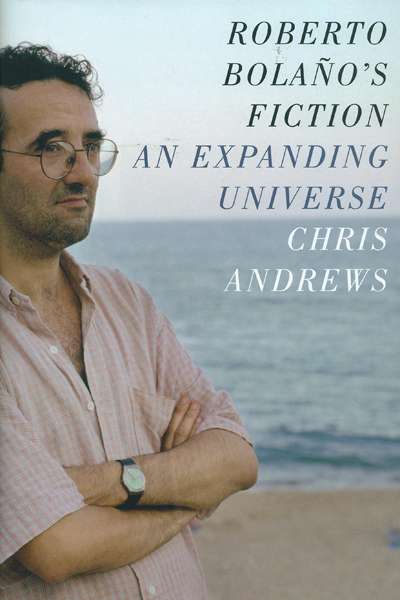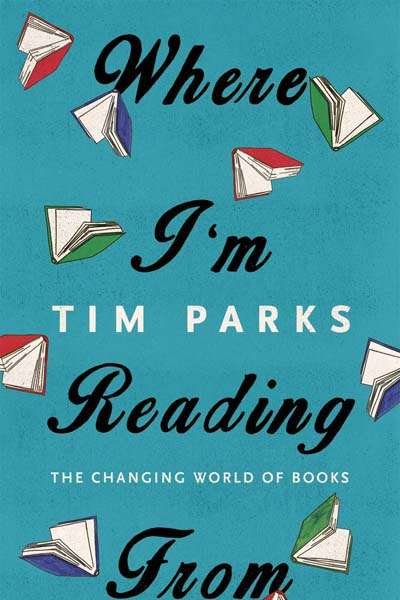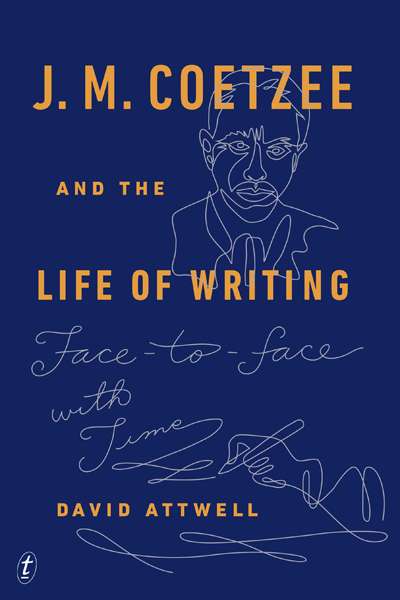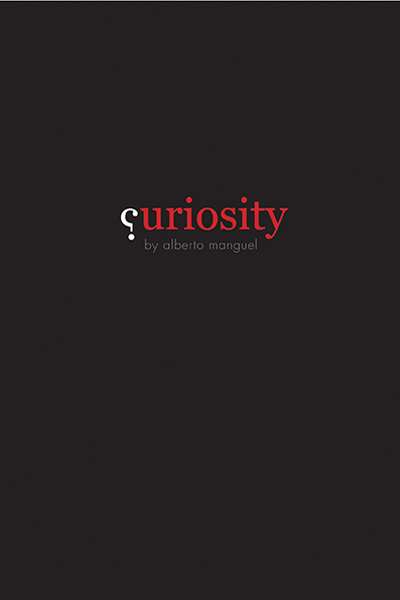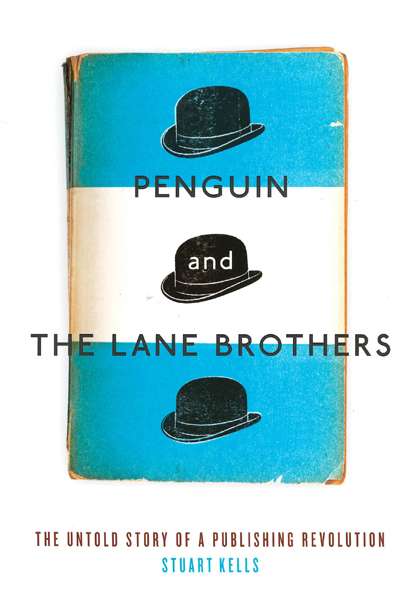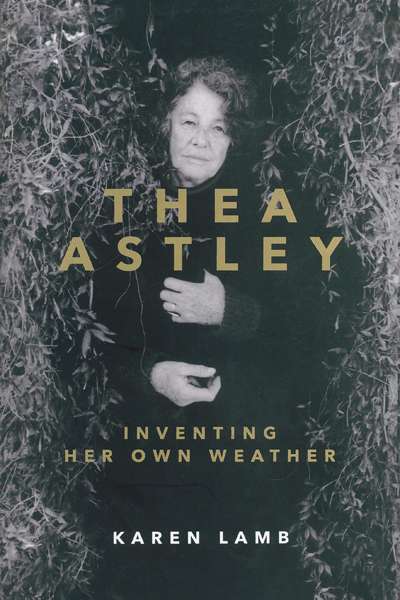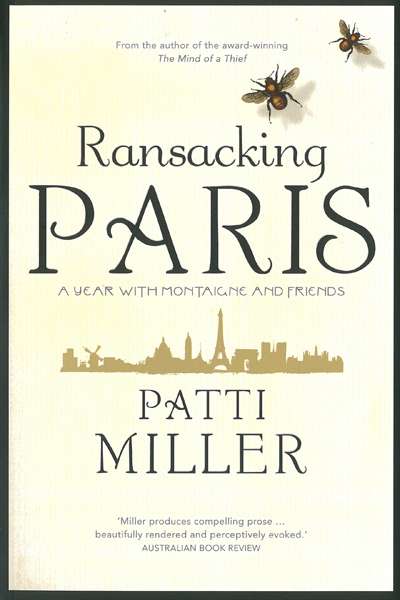Literary Studies
Roberto Bolaño's Fiction: An Expanding Universe by Chris Andrews
Roberto Bolaño (1953–2003) is the most widely celebrated proponent of a post-boom form of literature from the Southern Cone region of Latin America (Chile, Argentina, and Uruguay), which is characterised by cohesive yet complex narrative worlds. Hailing from a country that endured repressive and vi ...
Where I'm Reading From: The Changing World of Books by Tim Parks
British novelist, translator, and critic, Tim Parks, based in Italy since 1981, is well credentialled to examine the changing world of books. Parks says, however, that while he wanted to comment on ‘writing itself, and reading, and books’, he didn’t want to do it ‘in a precious way’.
In Where I’m Reading From, Parks is ...
Few, if any, contemporary authors have attracted the level of critical attention that is lavished upon J.M. Coetzee. No doubt there are many reasons for this, but a good part of the fascination with his fiction is a result of the evident rigour with which it is conceived. To read a Coetzee novel is to encounter a work that seems to have ...
There are two broad approaches to reading Alberto Manguel’s Curiosity. The first type of reader will study the book – or rather, the text – assiduously connecting the personal narratives that introduce each chapter with the books Manguel references in the more theoretical and discursive aspects that follow. Dante’ ...
'Like a Thief in the Night' by Michelle de Kretser (Afterword to the Text Classics edition of The Suburbs of Hell by Randolph Stow)
My copy of The Suburbs of Hell (1984) is a handsome Heinemann first edition salvaged, like so many treasures, from a remainder tray. The dust jacket features a golden hourglass and type on a sky-blue ground: the colours Fra Angelico favoured for the vaults of heaven. A travel card that served as my bookmark is still tucked away in its pages; the date-punch ...
Penguin and the Lane Brothers: The Untold Story of a Publishing Revolution by Stuart Kells
Penguin is synonymous with publishing: a firm of vast influence and market share, whose ‘Classics’ imprint essentially arbitrates the modern canon. The founding myth goes something like this: Allen Lane, eccentric genius and publisher, was standing on a railway platform after a weekend with his chum, Agatha Christie. In want of a decent, cheap read, he visited a ...
Thea Astley: Inventing Her Own Weatherer by Karen Lamb
‘If there are going to be any more of her novels, perhaps we should come right out and promote her as an utter bitch?’
So wrote Alec Bolton, the London manager of Angus & Robertson, to his senior editor John Abernethy in Sydney. The novelist in question was Thea Astley, and the book was A Boat Load of Home Folk (1968). Bol ...
Early success is no guarantee of a book’s continued availability or circulation. Some major and/or once-fashionable authors recede from public consciousness, and in some cases go out of print. We invited some writers and critics to identity novelists who they feel should be better known.
People who go in for the arts are often advised Don’t give up your day job. But what’s a suitable day job for a poet? A century ago many Australian poets made a meagre living as freelance writers for newspapers and magazines. Some even took up journalism full-time, writing their verses on the side. The old Bulletin, one of the wellsprings of Austra ...
People who go in for the arts are often advised Don’t give up your day job. But what’s a suitable day job for a poet? A century ago many Australian poets made a meagre living as freelance writers for newspapers and magazines. Some even took up journalism full-time, writing their verses on the side. The old Bulletin, one of the wellsprings of Austra ...
Ransacking Paris: A year with Montaigne and friends by Patti MIller
Patti Miller has written four books of or about memoir, one of which, The Mind of a Thief (UQP, 2012) won the New South Wales Premier’s History Award, and she has taught life writing for more than twenty years. Yet her most recent publication, Ransacking Paris, while enjoyable at one level, is disappointing at another. There is a serious mismatch bet ...


